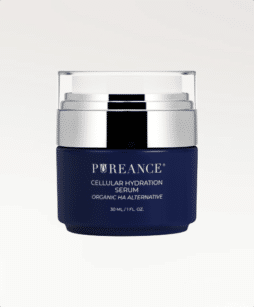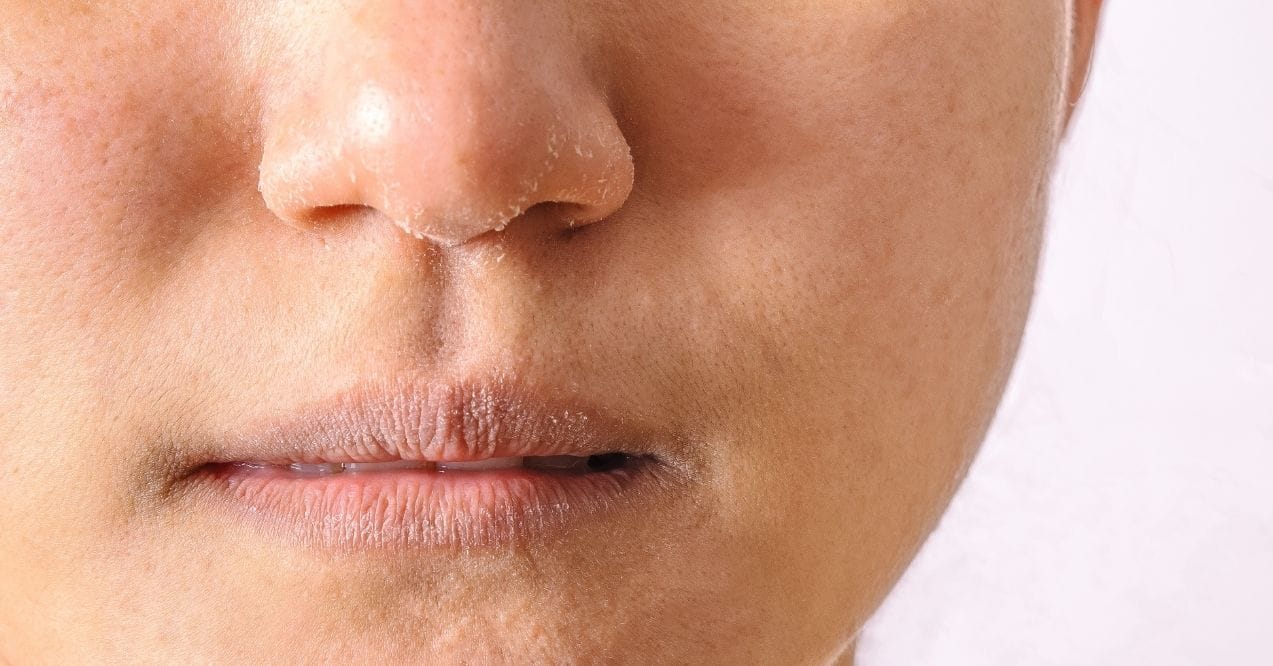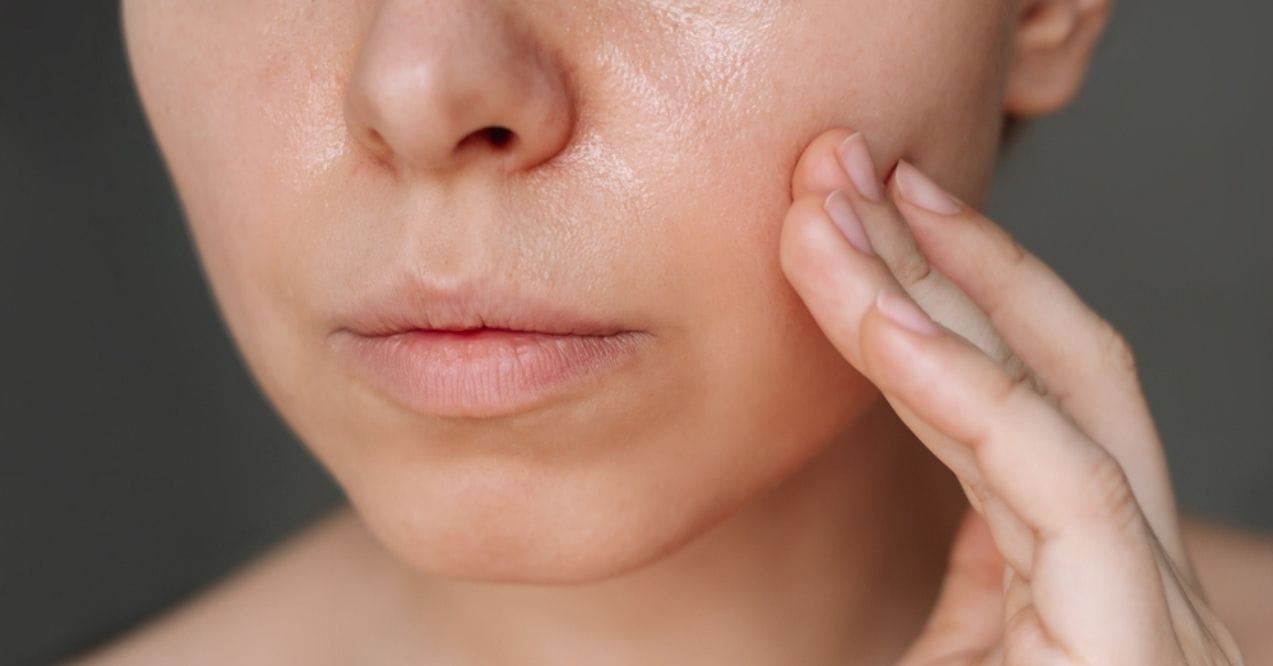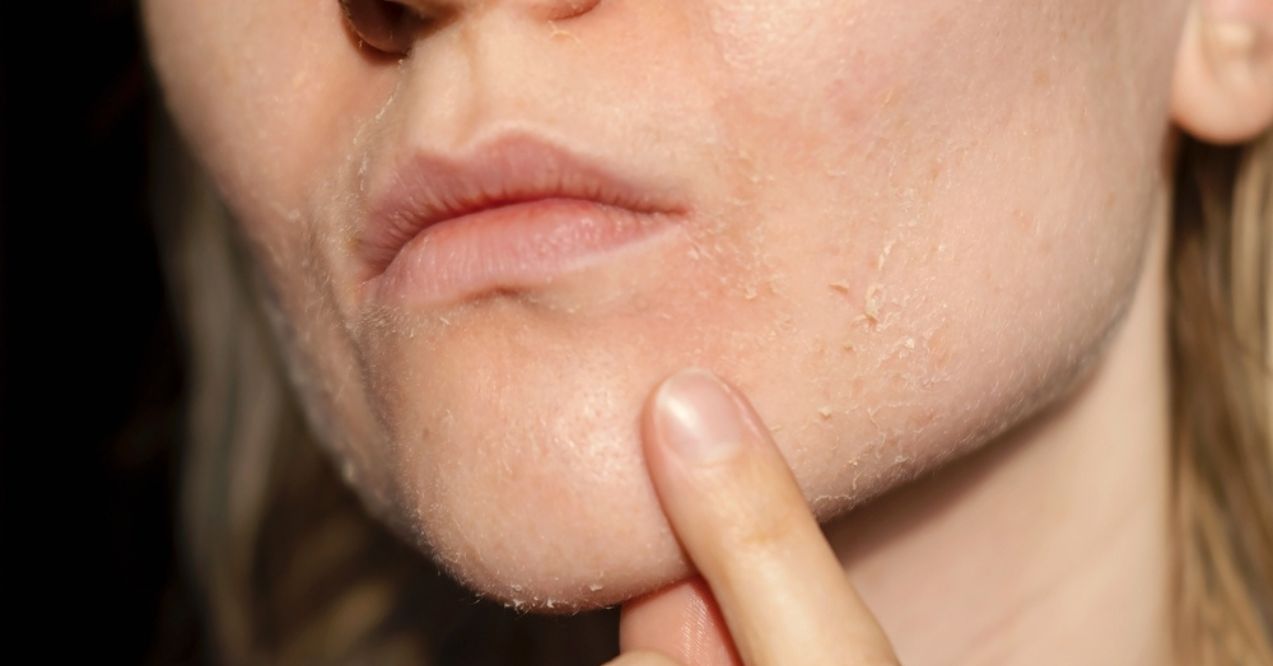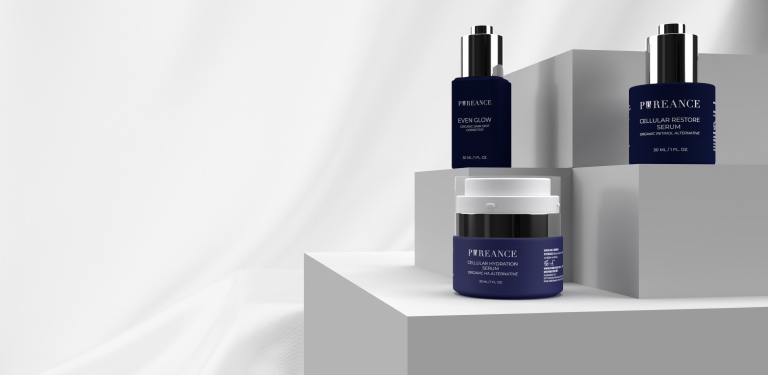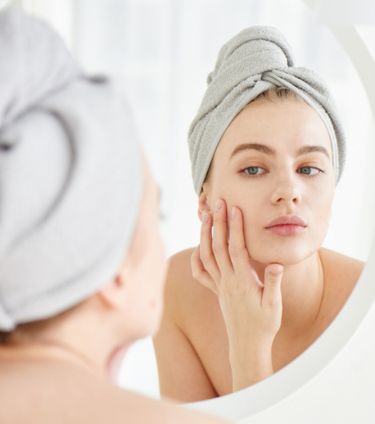


Why Is My Skin So Dry, Even When I Moisturize?
Why is my skin so dry even when I moisturize? Many people face the frustrating dilemma of persistent skin dryness despite regular moisturization. Dry skin can cause discomfort, flakiness, and a tight sensation, leaving you searching for answers.
While applying moisturizer is a crucial step in any skincare routine, several factors can contribute to ongoing dryness. From the effectiveness of your moisturizer to environmental stressors and underlying health issues, various elements play a role in maintaining your skin’s hydration levels.
In this blog post, we’ll dive deeper into the reasons behind stubborn dry skin and explore strategies to alleviate dryness for a more comfortable, hydrated complexion. By understanding the causes and adopting a tailored approach to skincare, you can work towards achieving the supple, moisturized skin you desire.
Key Article Findings
- Persistent dry skin despite moisturizing can be due to ineffective moisturizers, harsh skincare products, or incorrect application.
- Environmental factors like cold weather and low humidity can exacerbate skin dryness, even with regular moisturization.
- Using products suited to your skin type and applying moisturizer correctly on damp skin can enhance its effectiveness.
- If dryness persists despite changes, it may indicate underlying health issues, and consulting a dermatologist is advisable.
Exploring Skin Dryness
Dry skin, also known as xerosis, is a common condition that occurs when the skin lacks sufficient moisture to maintain its natural softness and suppleness. While many people are familiar with the basic concept of dry skin, understanding its symptoms and the skin’s structure can provide valuable insights into managing this issue effectively.
Symptoms
Dry skin can manifest through various symptoms, making it easily recognizable. Common signs include:
- Flakiness and peeling – Dry skin often sheds dead skin cells in the form of flakes or scales, giving the skin a rough and uneven appearance.
- Rough texture – When touched, dry skin may feel rough, dry, and sometimes even papery due to the lack of moisture.
- Tightness – Dry skin can create a sensation of tightness or a feeling that the skin is being stretched, particularly after cleansing or exposure to harsh environmental conditions.
- Itching and irritation – As the skin becomes dehydrated, it may become itchy and more prone to irritation, redness, and sensitivity.
Skin Structure and Moisture Barrier
To understand why your skin feels dry after moisturizing, it’s essential to understand the basics of skin structure and the crucial role of the moisture barrier. The skin consists of three main layers: the epidermis (outermost layer), dermis (middle layer), and hypodermis (deepest layer). The epidermis itself is divided into several sub-layers, with the stratum corneum being the most superficial.
The stratum corneum consists of dead skin cells held together by lipids, forming a protective barrier often referred to as the moisture barrier or skin barrier. This barrier helps prevent transepidermal water loss (TEWL) and defends your skin against external aggressors. When the moisture barrier is compromised, your skin becomes more susceptible to dryness, irritation, and other skin concerns.
The lipid matrix within the stratum corneum is composed of ceramides, cholesterol, and fatty acids. These lipids work together to create a cohesive, water-resistant barrier that helps retain moisture and keeps harmful substances out. When the delicate balance of these lipids is disrupted, either due to internal factors like age or external factors like harsh skincare products, the moisture barrier weakens, leading to increased water loss and persistent dryness.
Maintaining a healthy moisture barrier is essential for keeping your skin hydrated, supple, and resilient. By understanding the intricacies of your skin’s structure and the importance of the stratum corneum, you can take targeted steps to support your moisture barrier and alleviate dry skin concerns.
Why Is My Skin Still Dry After Moisturizing?
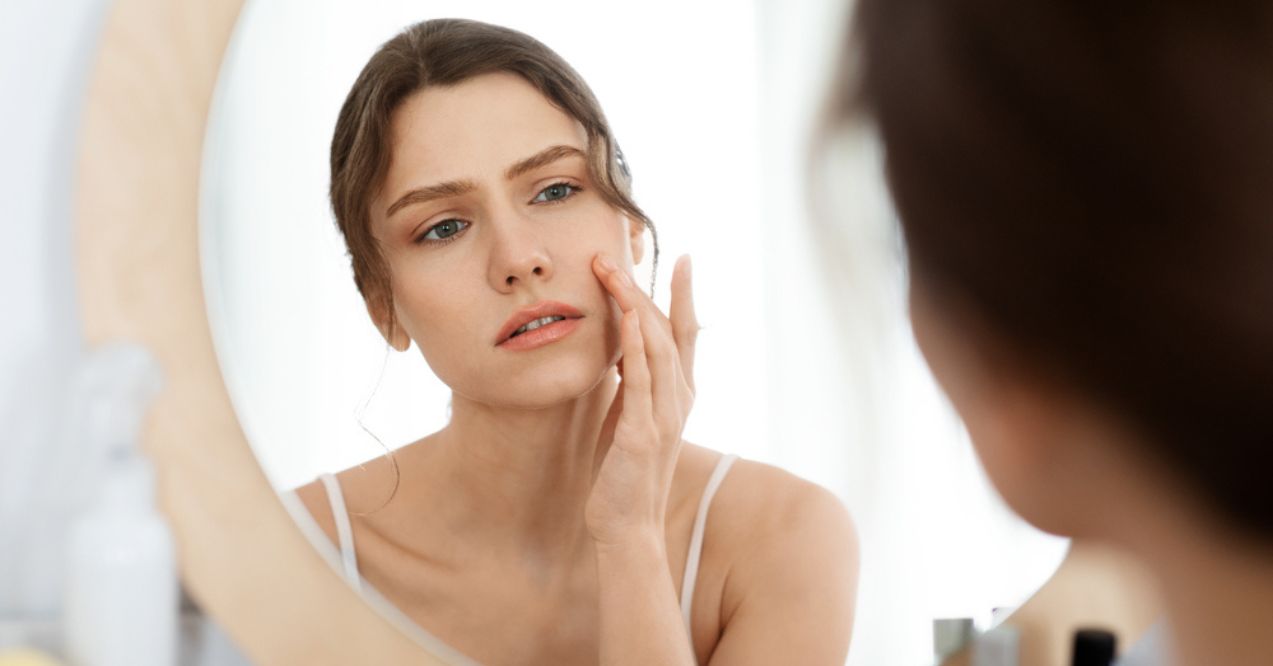
So, why is my skin so dry even when I moisturize? Many people experience persistent dryness despite their best efforts to keep their skin hydrated. Several factors can contribute to this frustrating situation, ranging from the type of moisturizer you use to your skincare habits and environmental conditions.
1. Ineffective Moisturizers
Why is my face still dry after moisturizing? The answer may lay in products you use. When selecting a moisturizer, it’s essential to look for ingredients that effectively hydrate and support your skin’s moisture barrier. Humectants like glycerin and hyaluronic acid attract and bind water to the skin, while emollients such as ceramides and fatty acids help smooth and soften the skin’s surface.
Occlusive ingredients, like petrolatum and dimethicone, create a protective layer to prevent moisture loss. If your moisturizer lacks these key components or has a suboptimal formulation, it may not effectively combat dryness.
2. Using Products Not Suited for Your Skin Type
Another reason your skin or face still dry after moisturizing is that you’re using products that aren’t tailored to your specific skin type. If you have dry skin, you’ll likely benefit from richer, more emollient moisturizers, while those with oily or combination skin may prefer lighter, water-based formulas. Using a moisturizer that’s too light or too heavy for your skin type can lead to inadequate hydration or clogged pores, respectively.
3. Incorrect Application of Moisturizers
How you apply your moisturizer also plays a crucial role in its effectiveness. For optimal results, apply your moisturizer to damp skin immediately after cleansing or showering. This helps lock in moisture and allows your skin to better absorb the product. Gently massage the moisturizer into your skin using upward, circular motions until it’s fully absorbed.
4. Harsh Skincare Products
Certain ingredients in your skincare products can contribute to skin dryness. Harsh surfactants like sodium lauryl sulfate (SLS) and alcohol-based ingredients such as isopropyl alcohol can strip your skin of its natural oils disrupting the moisture barrier. Be cautious of products containing these ingredients, and opt for gentler, more hydrating alternatives.
5. Environmental Factors
Why is my face so dry even when I moisturize with high-quality products? Environmental factors, such as cold temperatures, low humidity, and harsh winds, may also exacerbate skin dryness. These conditions can draw moisture from your skin, leaving it feeling tight and uncomfortable. Protect your skin by wearing appropriate clothing, using a humidifier indoors, and applying a rich, protective moisturizer to create a barrier against the elements.
6. Over-Cleansing and Over-Exfoliating
While cleansing and exfoliating are essential components of a healthy skincare routine, overdoing it can lead to dryness and irritation. Cleansing too frequently or using harsh scrubs can strip your skin of its natural oils, damaging the moisture barrier. Limit cleansing to twice daily, using a gentle, pH-balanced cleanser, and exfoliate no more than once or twice a week with a mild exfoliant suitable for your skin type.
7. Dehydration and Diet
Understanding why is my skin still dry after moisturizing involves considering various factors, including your dietary habits. Drinking an adequate amount of water throughout the day helps keep your body and skin hydrated from the inside out.
Additionally, consuming a balanced diet rich in essential nutrients like vitamins A, D, and zinc can support skin health and promote a more resilient moisture barrier. Vitamin A aids in skin cell turnover, vitamin D helps regulate skin cell growth and repair, and zinc plays a role in skin healing and oil production regulation.
8. Underlying Health Conditions
In some cases, persistent skin dryness may be a symptom of an underlying health condition. Certain medical conditions, such as diabetes, thyroid disorders, and autoimmune diseases like lupus, may affect skin hydration and cause dryness. If you suspect that your dry skin may be related to a health issue, consult with a healthcare professional for proper diagnosis and treatment.
9. Adjusting Your Skincare Routine
As seasons change and you age, your skin’s needs may evolve, requiring adjustments to your skincare routine. During colder months or in dry climates, you may need to incorporate richer, more emollient products to combat the effects of low humidity and harsh weather. As you age, your skin’s natural oil production decreases, making it more prone to dryness. Adapting your skincare regimen to include more hydrating and nourishing products can help alleviate age-related dryness and keep your skin looking its best.
When adjusting your skincare routine to address dry skin, it’s important to be patient and consistent. How long does it take to repair the skin barrier? The answer depends on the severity of the damage and the steps taken to support the healing process. By using gentle, hydrating products and protecting your skin from environmental stressors, you can help speed up the recovery process and maintain a healthy, resilient moisture barrier.
When to See a Dermatologist
While adjusting your skincare routine and lifestyle habits can help alleviate dry skin, there are times when seeking professional advice from a dermatologist is necessary. If you experience persistent dryness that doesn’t improve despite making changes to your skincare regimen and moisturizing practices, it may be a sign of an underlying skin condition or health issue.
Additionally, if your dry skin is accompanied by severe itching, redness, inflammation, or skin thickening, it’s crucial to consult with a dermatologist. They can provide an accurate diagnosis, rule out any underlying health concerns, and recommend targeted treatments to help restore your skin’s health and hydration.
Conclusion
Understanding why your skin remains dry even when you moisturize involves considering various factors, from the effectiveness of your moisturizer to environmental conditions and underlying health issues. By choosing the right products for your skin type, applying them correctly, and addressing external factors like weather and humidity, you can significantly improve your skin’s hydration.
Moisturizer may not help dry skin if you’re using the wrong product for your skin type, applying it incorrectly, or if other factors like harsh skincare products, environmental conditions, dehydration, or underlying health issues are contributing to your skin’s dryness.
When your skin is very dry, you may be lacking essential fatty acids, ceramides, and other lipids that make up the skin’s protective barrier. Dehydration, vitamin deficiencies, and hormonal imbalances can also contribute to dry skin.
If you have dry skin but moisturize regularly, limit exfoliation to once a week using a gentle, non-abrasive exfoliant. Over-exfoliating can disrupt the skin’s natural barrier, leading to further dryness and irritation. Focus on hydration and nourishment to improve skin health.
Signs that your moisturizer is ineffective include persistent dryness, tightness, flaking, or irritation after application. If your skin feels uncomfortable or looks dull and dehydrated despite regular moisturizer use, it may be time to switch to a more suitable product.
This site offers health, wellness, fitness and nutritional information and is designed for educational purposes only. You should not rely on this information as a substitute for, nor does it replace, professional medical advice, diagnosis, or treatment. If you have any concerns or questions about your health, you should always consult with a physician or other health-care professional. Do not disregard, avoid or delay obtaining medical or health related advice from your health-care professional because of something you may have read on this site. The use of any information provided on this site is solely at your own risk.
Nothing stated or posted on this site or available through any services are intended to be, and must not be taken to be, the practice of medical or counseling care. For purposes of this agreement, the practice of medicine and counseling includes, without limitation, psychiatry, psychology, psychotherapy, or providing health care treatment, instructions, diagnosis, prognosis or advice.
